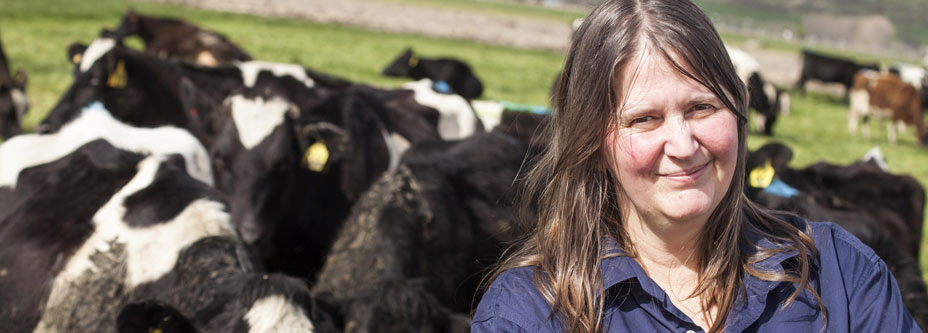
Cultivating traditional knowledge
Finding a way to farm Aotearoa in alignment with the principles of Mātauranga Māori and Totohungatanga Moriori (traditional knowledge) is at the heart of the Indigenous Agroecology (IA) project.
IA follows on from Ngā Pae te Māramatanga research fellow Dr Marion Johnson's Te Rongoā project, which investigated the incorporation of Māori traditional knowledge of the medicinal uses of native plants into modern farm management.
Johnson, based at the Centre for Sustainability, says this project is about combining the best of technology with Mātauranga/Totohungatanga and common sense.
“We've got rivers you can't swim in, dead soils and poor animal health. We can carry on the way we are. Or we can stop and change.
“Our aim is healthy soil, healthy pastures, healthy stock, healthy communities and clean water.”
The IA team is working with three research link farms – Te Putahi (Banks Peninsula), Taiporutu (Mahia Peninsula) and Henga (Rēkohu, Chatham Islands). The farms link research to reality, ensuring a practical outcome, says Johnson.
There are a number of strands to the first stage of the project. These include recording knowledge of rongoā for stock before it disappears, creating a record of the plants that traditionally grew on the link farms, encouraging diversity by adding value to riparian plantings and aligning traditional knowledge with science.
“With the Surveying School we are mapping the farms using GIS and cultural mapping so that we can get a picture of the best ways to implement change,” says Johnson.
“There's a wealth of knowledge out there. It's a matter of weaving it together.”